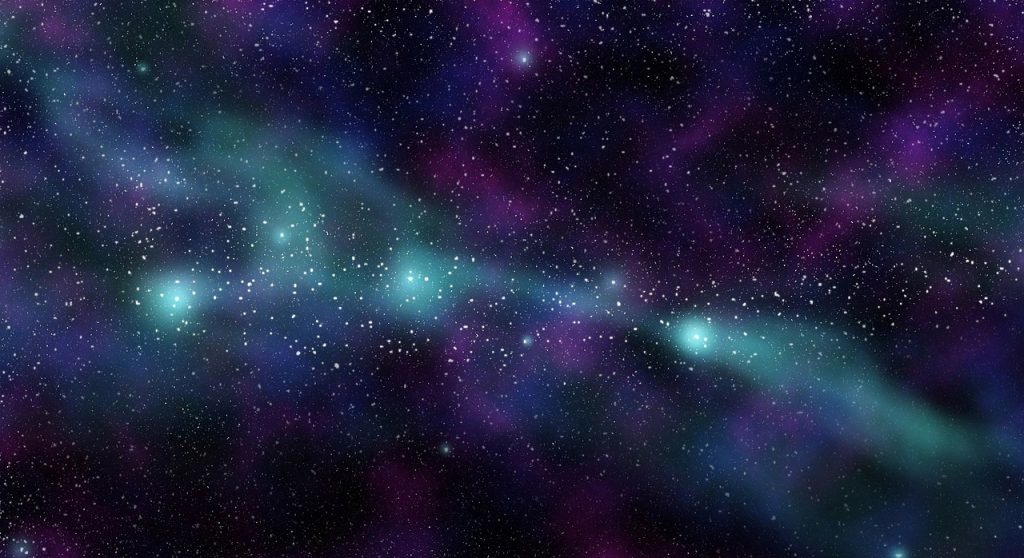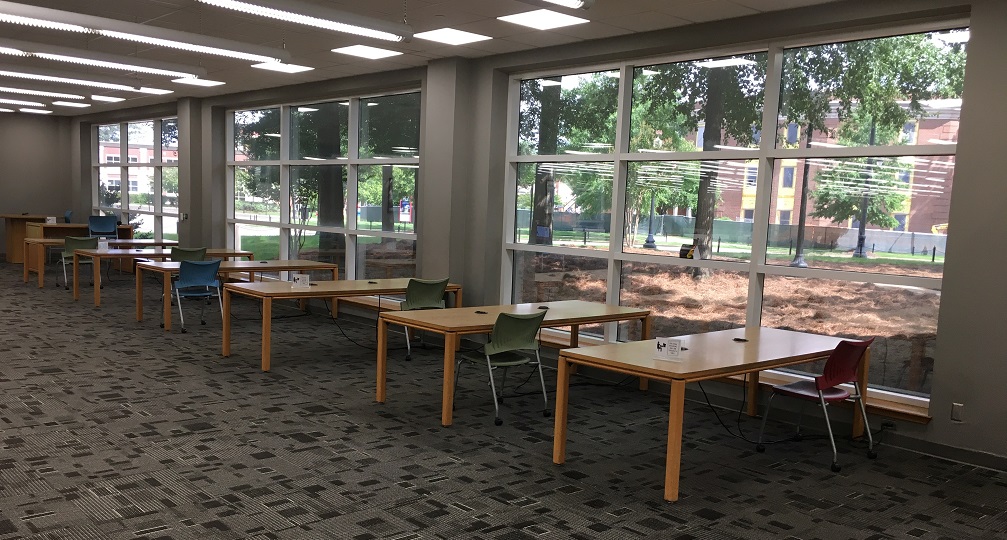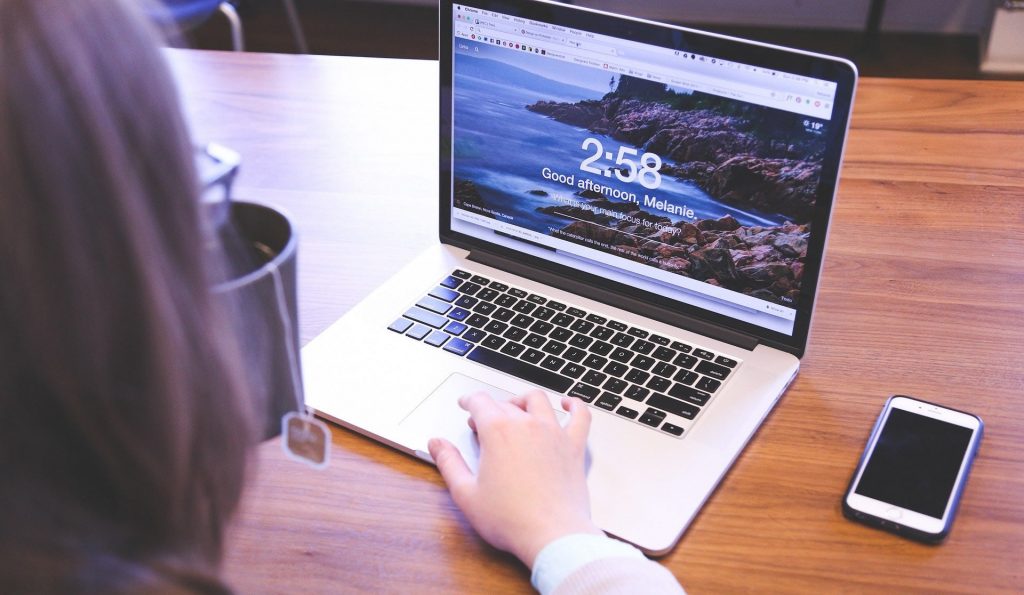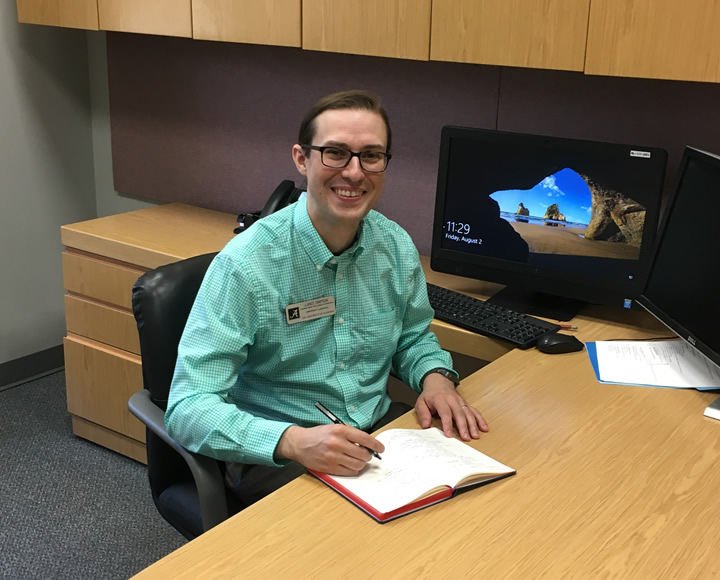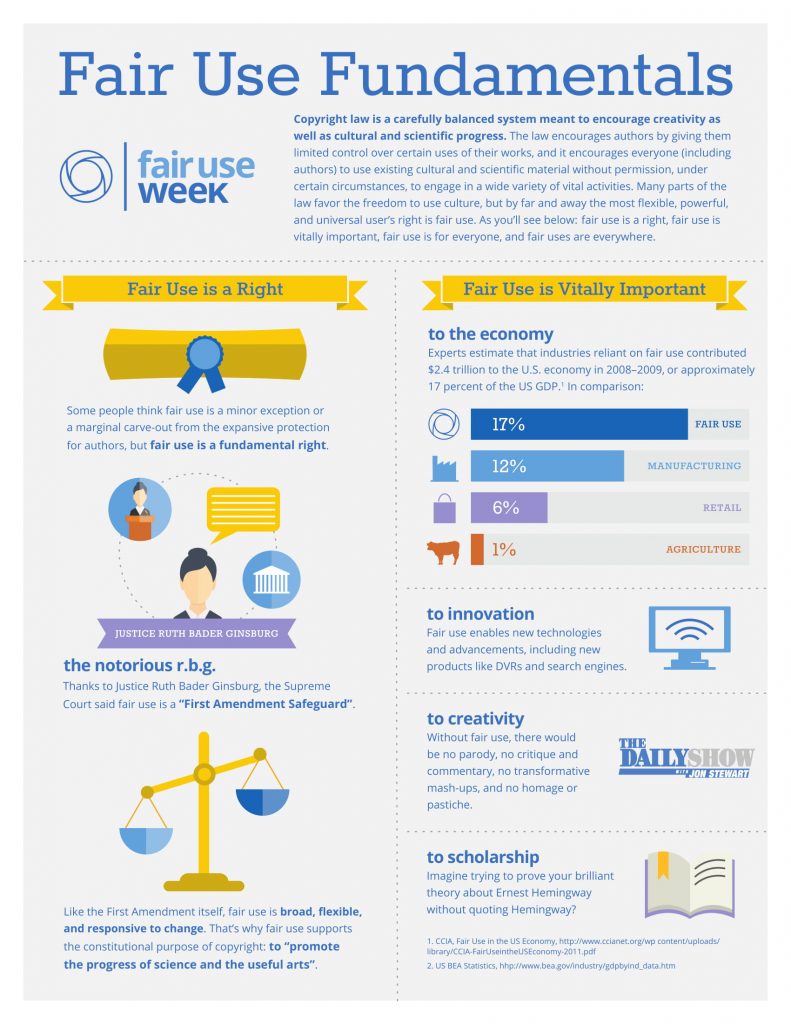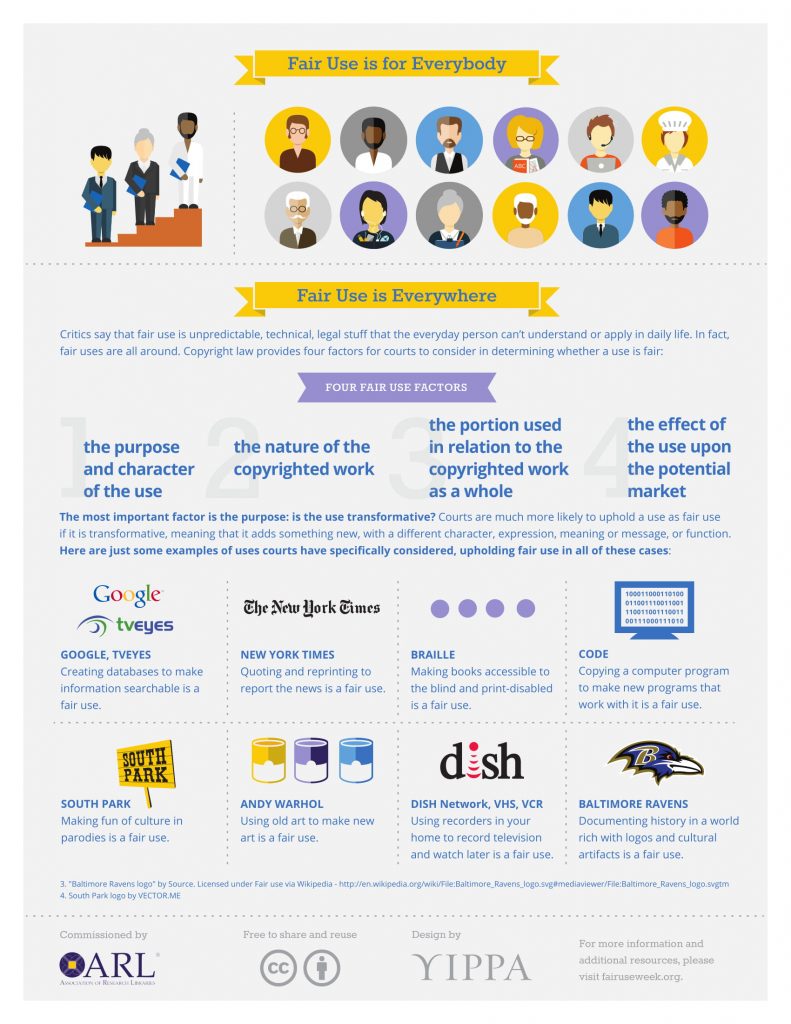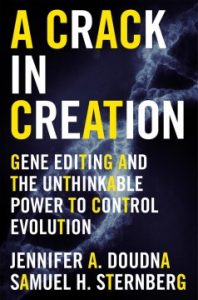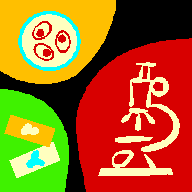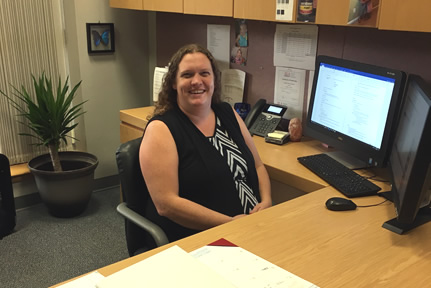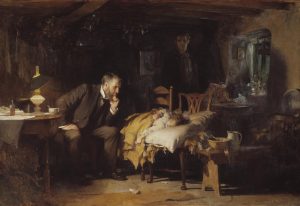The Clarivate Analytics Web of Science database (https://guides.lib.ua.edu/az.php?q=Web%20of%20Science) has a powerful Cited Reference Search that is useful for discovering records that have cited a particular publication. A typical use case that I have used many times is to start with a known article and discover references that cite that article.
Recently, while reading a few articles [1,2], I happened upon a use case I had not thought to try in a Web of Science Cited Reference Search; that is, searching for citations to non-indexed items like theses, databases, or software applications. For example, many software applications or web resources may not have a formal publication associated with it and so researchers may cite the application name or a website URL where the application can be accessed.
This was intriguing as I regularly use a cheminformatics toolkit, RDKit, that does not yet have a formal publication describing the software. Some experimentation and searching for “RDKit” in the Cited Reference Search, revealed that reference index matches to RDKit vary greatly and can appear within the Cited Author, Cited Work, or Title fields. Here are few examples to illustrate this, where the Cited Author is the first column, Cited Work the second column, and Cited Title the third column:
‘RDKit’ | ‘OP SOURC CHEM’ | ‘ ’
‘RDKit’ | ‘OP SOURC CHEM’ | ‘ URL: https://www.rdkit.org/’
‘Landrum, G.’ | ‘RDKIT’ | ‘ URL: https://www.rdkit.org/’
‘[Anonymous]’ | ‘ OP SOURC CHEM’ | ‘RDKit:…URL: http://www.rdkit.org’
We can search each of these fields separately [3], select the candidates of interest, and then remove any duplicates to find all citations to RDKit. Here is a summary of what I found for ‘RDKit’:
Cited Author Search: 51 relevant variations, with 160 citing articles.
Cited Work Search: 7 relevant variations, with 13 citing articles
Cited Title Search: 15 relevant variations, with 33 citing articles
A quick sort of the combined titles revealed 6 duplicates, so in total, we found 200 RDKit citations via the Web of Science Cited Reference Search. That’s pretty cool. There are certainly many limitations with this method which I have not explored yet, but overall, I think it will be useful when trying to find non-indexed resources through citation searching.
[1] https://doi.org/10.1108/JD-12-2018-0214
[2] https://doi.org/10.1162/qss_a_00042
[3] Note I did not limit to a particular index, so this includes the Science Citation Index Expanded as well as others.
